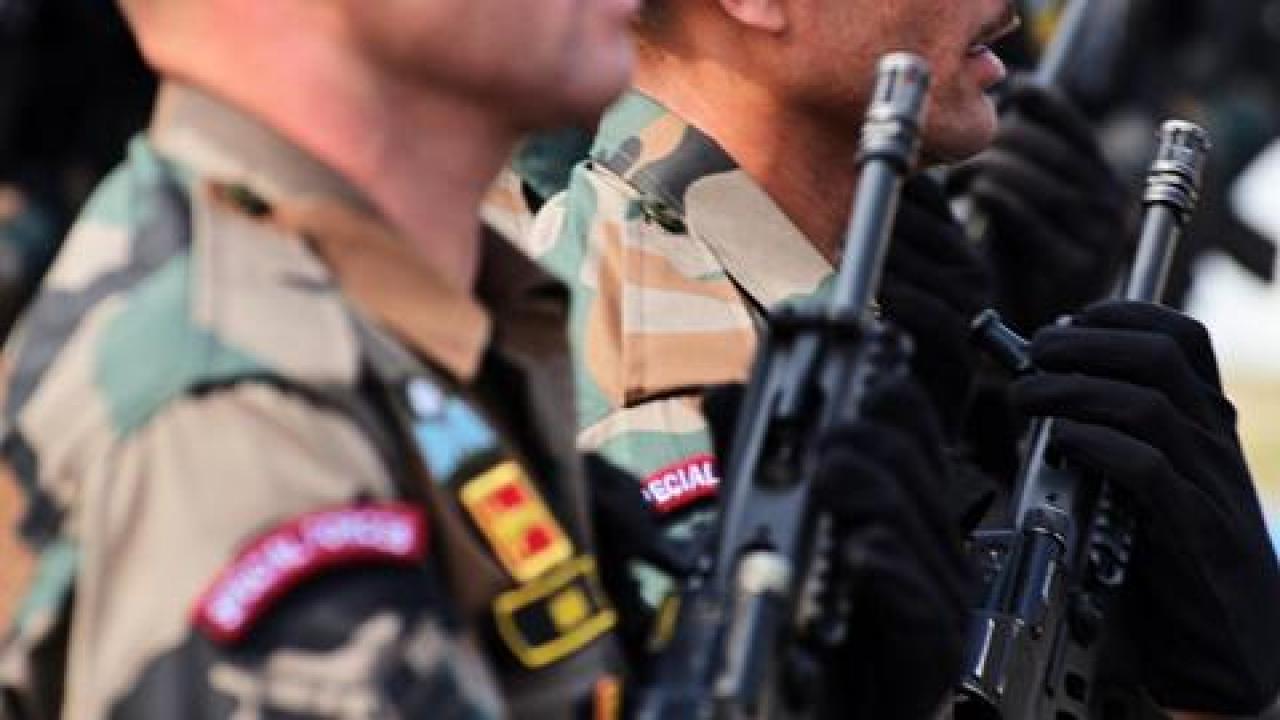Kargil Vijay Diwas 2023: In the aftermath of the conflict, the diplomatic dialogue between India and Pakistan stalled

Image used for representational purpose. Pic/iStock
The Kargil War of 1999 had a significant impact on India-Pakistan diplomatic relations. It led to a strain in the already complex and often tense bilateral relationship between the two neighboring countries. Here are some key ways in which the war affected their diplomatic ties:
ADVERTISEMENT
Distrust and Tensions: The Kargil War further deepened the distrust and animosity between India and Pakistan. The fact that Pakistan had initiated and supported a covert military operation in the Kargil region of Indian-administered Kashmir created a sense of betrayal and suspicion on the Indian side.
Stalled Diplomatic Dialogue: In the aftermath of the conflict, the diplomatic dialogue between India and Pakistan stalled. The war resulted in heightened hostilities, making it difficult for both countries to engage in meaningful talks or negotiations.
International Pressure: The Kargil War drew international attention and concern, with other countries urging India and Pakistan to resolve their differences through peaceful means. The conflict put both nations under pressure to resolve their longstanding issues and address the root causes of the tensions.
Impact on Track II Diplomacy: Track II diplomacy refers to unofficial, non-governmental efforts to promote dialogue and understanding between conflicting parties. The Kargil War negatively impacted such initiatives, as it created an atmosphere of hostility and suspicion that made it difficult for private groups and individuals to mediate between India and Pakistan.
Security Concerns: The war heightened security concerns on both sides of the border. Both countries increased their military readiness, and the possibility of further escalation led to a tense security environment in the region.
Cross-Border Terrorism Allegations: The Kargil War reignited accusations from India regarding Pakistan's support for cross-border terrorism. India claimed that Pakistan was backing militant groups that were responsible for carrying out attacks in Indian-administered Kashmir and other parts of the country.
Ceasefire Violations: The Kargil War was followed by sporadic ceasefire violations along the Line of Control (LoC), the de facto border between India and Pakistan in Kashmir. These violations further escalated tensions and led to casualties on both sides.
Impact on Confidence-Building Measures: Prior to the Kargil War, India and Pakistan had initiated some confidence-building measures to ease tensions and build trust. However, the conflict halted or slowed down progress on these measures, making it challenging to improve bilateral relations.
Despite the tensions and challenges, India and Pakistan have had periods of engagement and attempts at reconciliation over the years. Diplomatic efforts, though often difficult, continue to be made to address their differences and promote peace in the region. However, the Kargil War remains a critical event in the history of India-Pakistan relations, influencing the dynamics between the two nations for years to come.
 Subscribe today by clicking the link and stay updated with the latest news!" Click here!
Subscribe today by clicking the link and stay updated with the latest news!" Click here!







